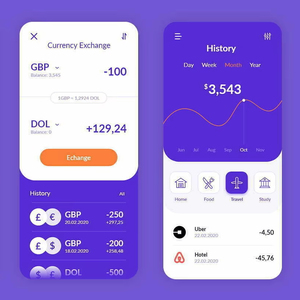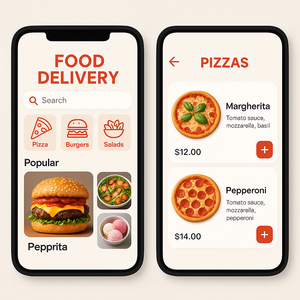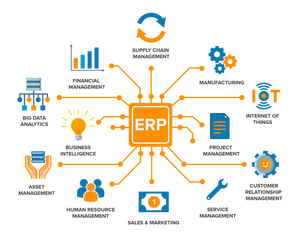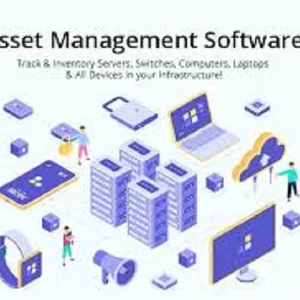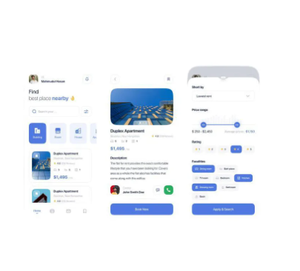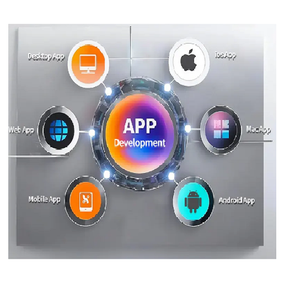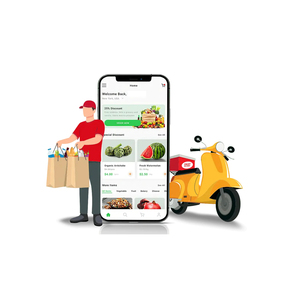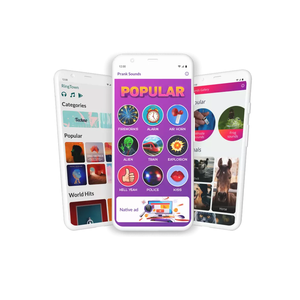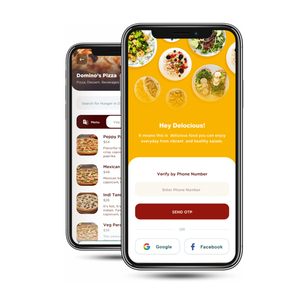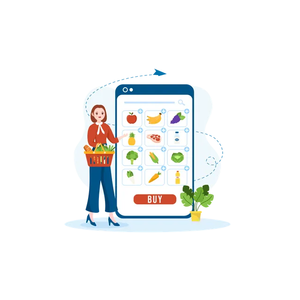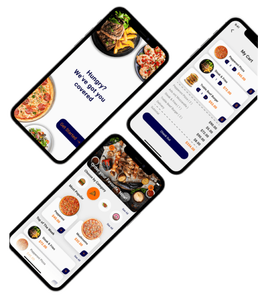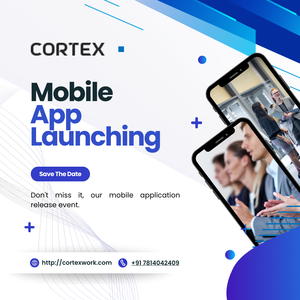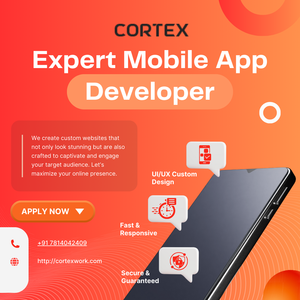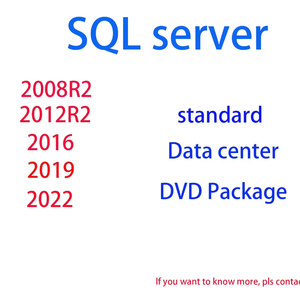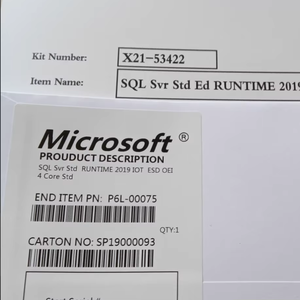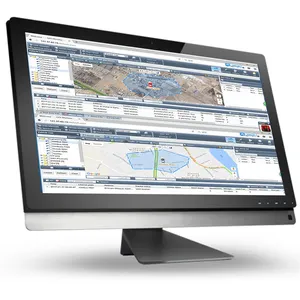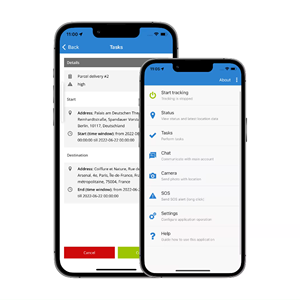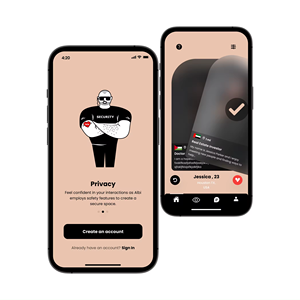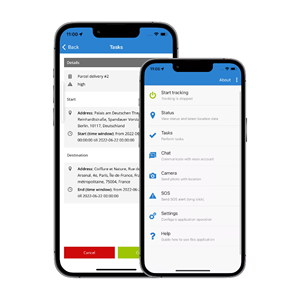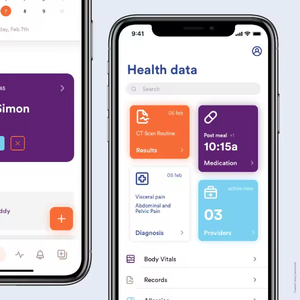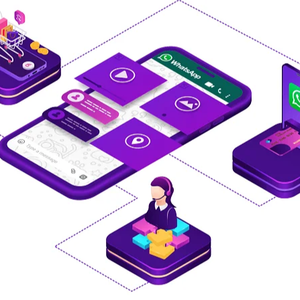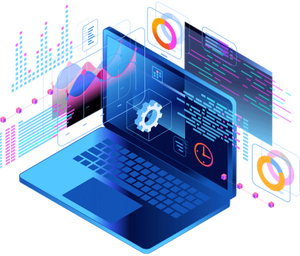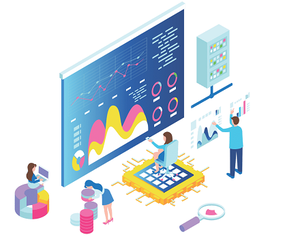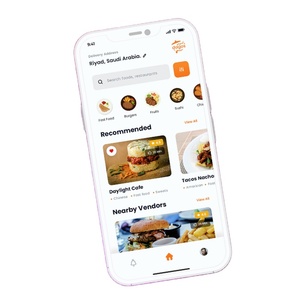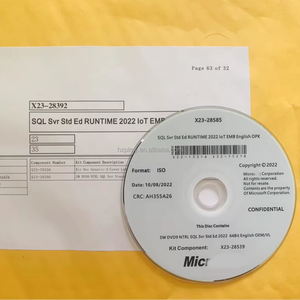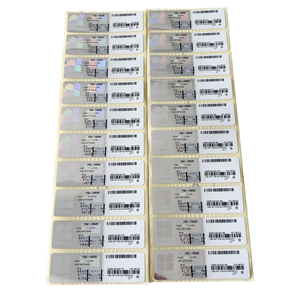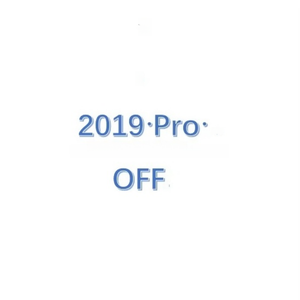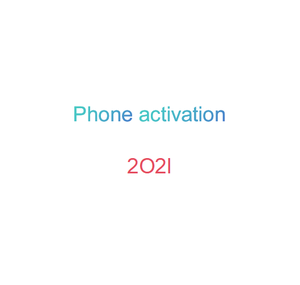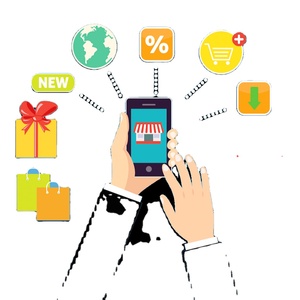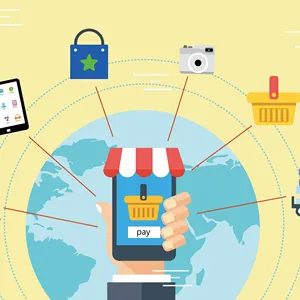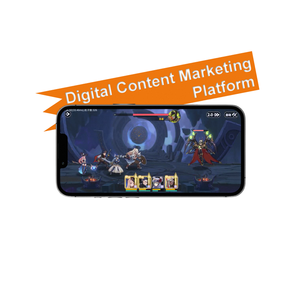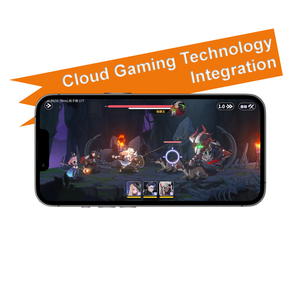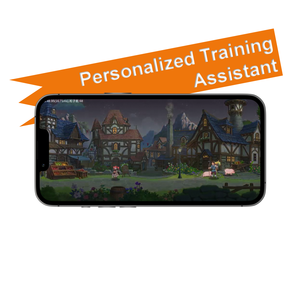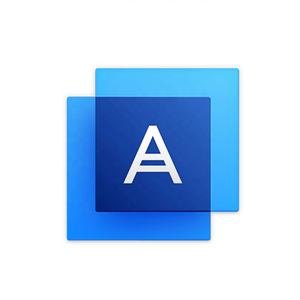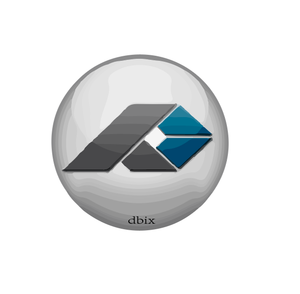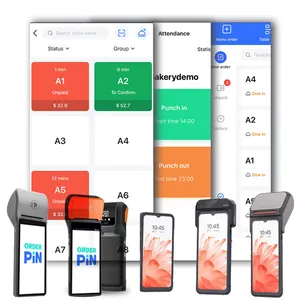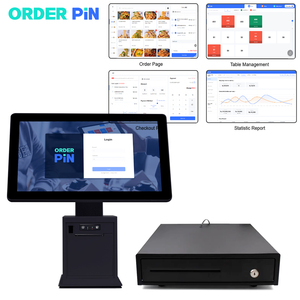Update Supplier Api In Oracle Apps R12

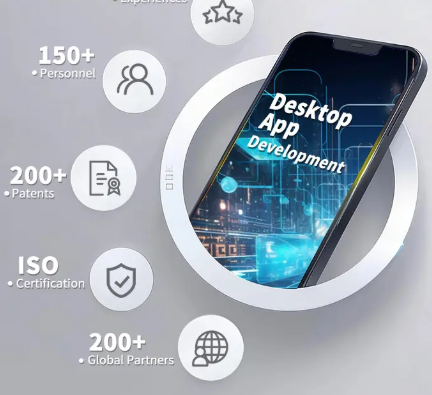










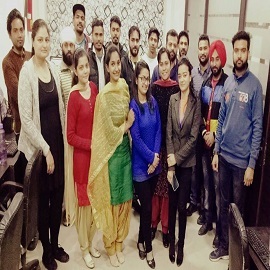



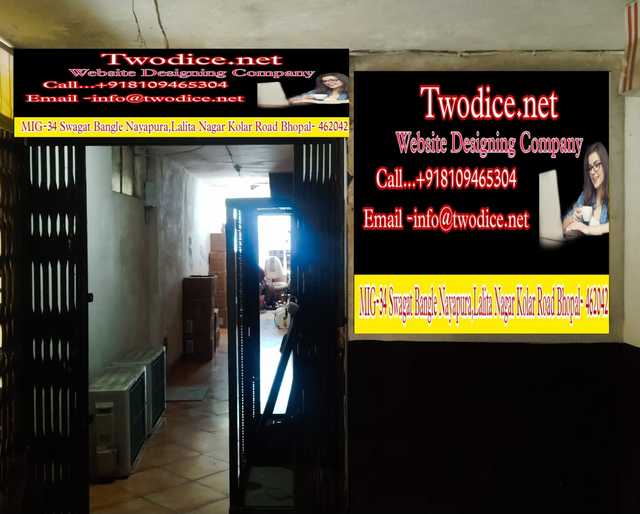




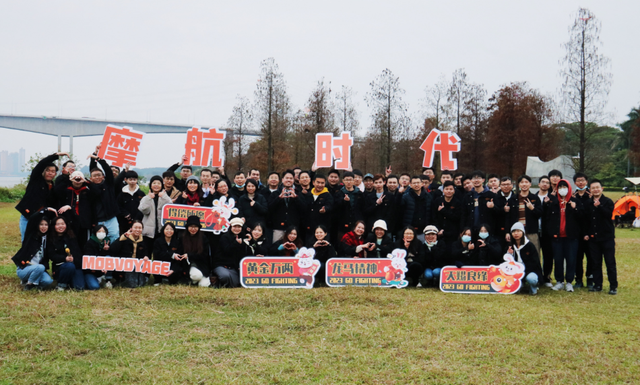


About update supplier api in oracle apps r12
Where to Source Update Supplier API in Oracle Apps R12 Services?
The global market for Oracle Applications integration and customization services is concentrated among specialized software development firms, primarily located in technology hubs across South Asia and East Asia. These regions host a high density of IT service providers with deep expertise in enterprise resource planning (ERP) systems, particularly Oracle E-Business Suite R12. The specialization in legacy ERP platforms like Oracle Apps R12 stems from mature talent pools in Java, PL/SQL, and SOA-based integrations, enabling precise handling of supplier data management via APIs.
Suppliers offering "update supplier API in Oracle Apps R12" functionality typically operate within agile development frameworks, providing modular code-level integration services. Their proximity to large outsourcing markets allows for scalable delivery models, with many maintaining 24/7 support cycles to serve North American and European clients. Key advantages include access to certified Oracle developers, reusable API templates, and rapid deployment timelines—often completing integration projects within 2–6 weeks depending on scope. Cost efficiency remains a major driver, with labor arbitrage enabling up to 50% lower development costs compared to in-house teams in Western economies.
How to Evaluate Suppliers for Oracle Apps R12 API Integration?
Selecting qualified partners requires structured assessment across technical, operational, and transactional dimensions:
Technical Expertise Validation
Confirm demonstrable experience with Oracle E-Business Suite R12’s Application Programming Interfaces, specifically the Supplier Management module. Suppliers must provide documented use cases or sandbox demonstrations of successful API implementations involving supplier updates, including payload structure, error handling, and integration with backend modules such as Payables and Purchasing. Proficiency in Oracle’s standard APIs (e.g., AP_VENDOR_PUB_PKG) and custom wrapper development is essential.
Development Capability Assessment
Evaluate core competencies through the following criteria:
- Proven track record in Oracle Apps customization (minimum 2–3 years preferred)
- Availability of Oracle-certified professionals or equivalent project experience
- In-house testing environments replicating Oracle R12 instances
Cross-reference response times (target ≤6 hours) and on-time delivery metrics where available to assess reliability.
Procurement Risk Mitigation
Utilize milestone-based payment structures tied to deliverables such as API design documentation, test scripts, UAT sign-off, and post-deployment support. Where applicable, engage third-party escrow arrangements to ensure code delivery upon payment release. Prioritize suppliers with transparent communication logs and version-controlled code repositories. Conduct trial tasks or mini-audits before full engagement to validate technical alignment.
What Are the Leading Providers for Update Supplier API in Oracle Apps R12?
| Company Name | Main Products (Listings) | Avg. Price Range | Min. Order | Response Time | On-Time Delivery | Online Revenue | Reorder Rate |
|---|---|---|---|---|---|---|---|
| Wise Hustlers Web & Mobile App Development Company | Software (161) | $10–200 | 1–2 pieces | ≤2h | - | - | - |
| AABAN SOLUTIONS PRIVATE LIMITED | Software (521) | $500–1,000 | 1 piece | ≤1h | - | - | - |
| KAEIZO SOLUTION | Software (51) | $98.50 | 2 units | ≤12h | - | - | - |
| Shi Le Ke Ji Gu Fen Company Limited | Coin Operated Games (384) | $299–899 | 1–500,000 pieces | ≤6h | 100% | US $8,000+ | <15% |
| CORTEX WORK | Software (716) | $2,000–6,019 | 1–3 pieces | ≤6h | - | - | - |
Performance Analysis
CORTEX WORK stands out with the highest average pricing ($2,000+), indicating enterprise-grade service offerings likely aligned with complex Oracle integrations. AABAN SOLUTIONS PRIVATE LIMITED leads in responsiveness (≤1h) and product breadth (521 software listings), suggesting robust internal development capacity. Wise Hustlers offers entry-level pricing, potentially suitable for small-scale API testing or prototyping. Shi Le Ke Ji Gu Fen demonstrates strong operational performance with a verified 100% on-time delivery rate, though its primary focus appears outside ERP systems. Buyers should prioritize vendors with demonstrated Oracle R12 experience over general software developers, even if response times are slightly longer. For mission-critical deployments, higher-cost providers with structured delivery processes present lower integration risk.
FAQs
How to verify a supplier's Oracle Apps R12 API expertise?
Request sample code snippets or GitHub repositories showing integration with Oracle R12 APIs. Ask for case studies involving supplier master data updates via API, including pre- and post-validation steps. Verify developer qualifications through interviews or technical assessments focused on PL/SQL, concurrent programs, and Oracle ADI.
What is the typical lead time for API integration projects?
Standard API configuration and deployment take 2–4 weeks. Custom logic, error logging, and interface monitoring may extend timelines to 6 weeks. Add 1–2 weeks for client-side testing and go-live support.
Can suppliers handle bulk supplier data updates via API?
Yes, experienced providers implement batch processing using Oracle Concurrent Manager or external schedulers. Ensure the solution includes rollback mechanisms, audit trails, and validation checks to prevent data corruption during mass updates.
Do suppliers offer post-implementation support?
Most offer optional maintenance packages ranging from bug fixes to performance tuning. Clarify SLAs for incident resolution, expected response windows, and support availability (business hours vs. 24/7).
Is customization of the update supplier API possible?
Full customization is feasible, including field extensions, approval workflows, and integration with non-Oracle systems. Suppliers can wrap standard APIs with custom business logic or build hybrid interfaces using middleware platforms like Oracle Integration Cloud.




